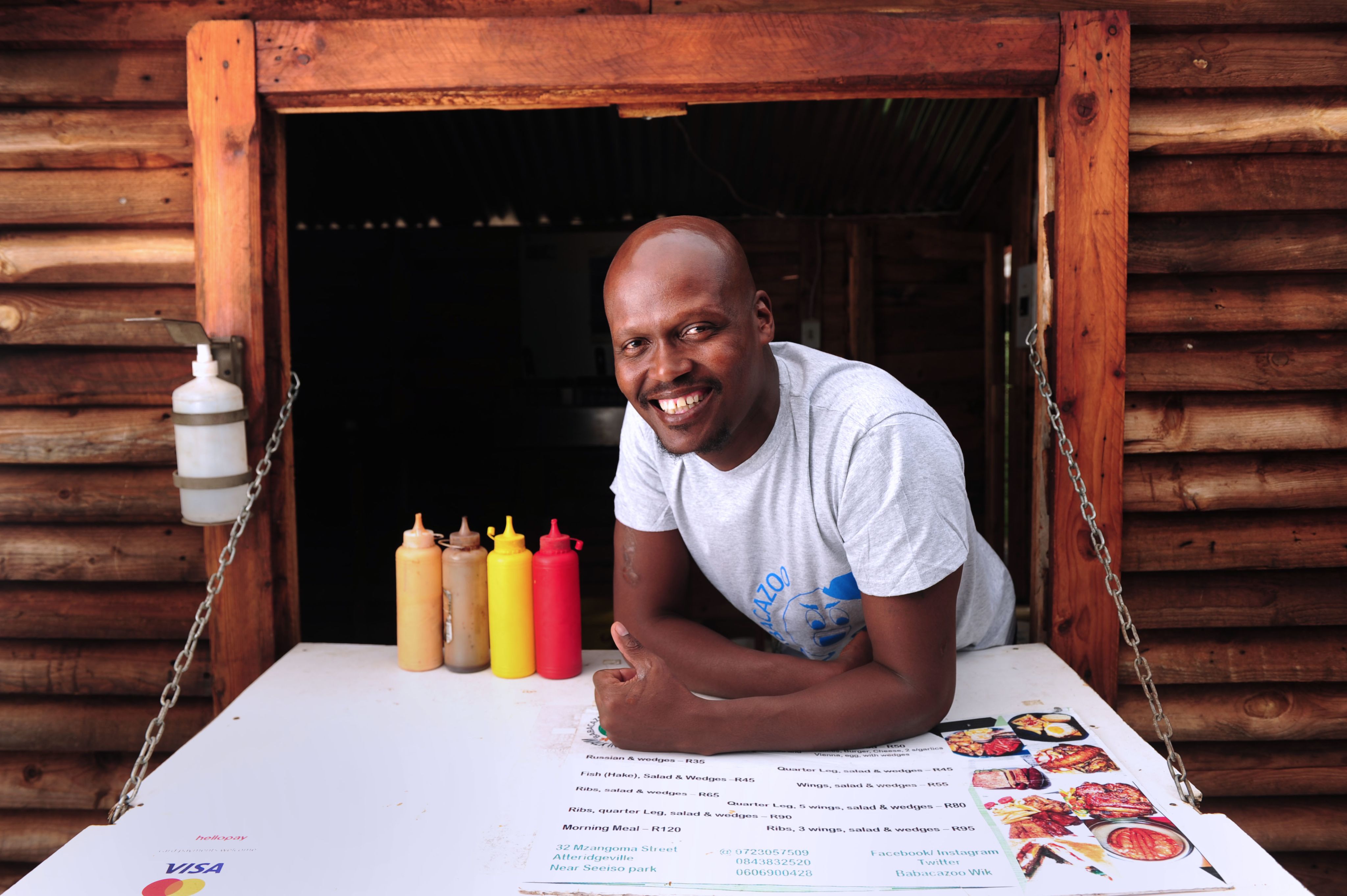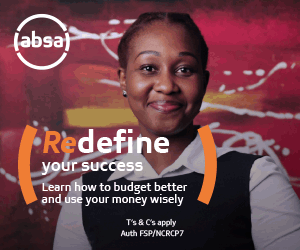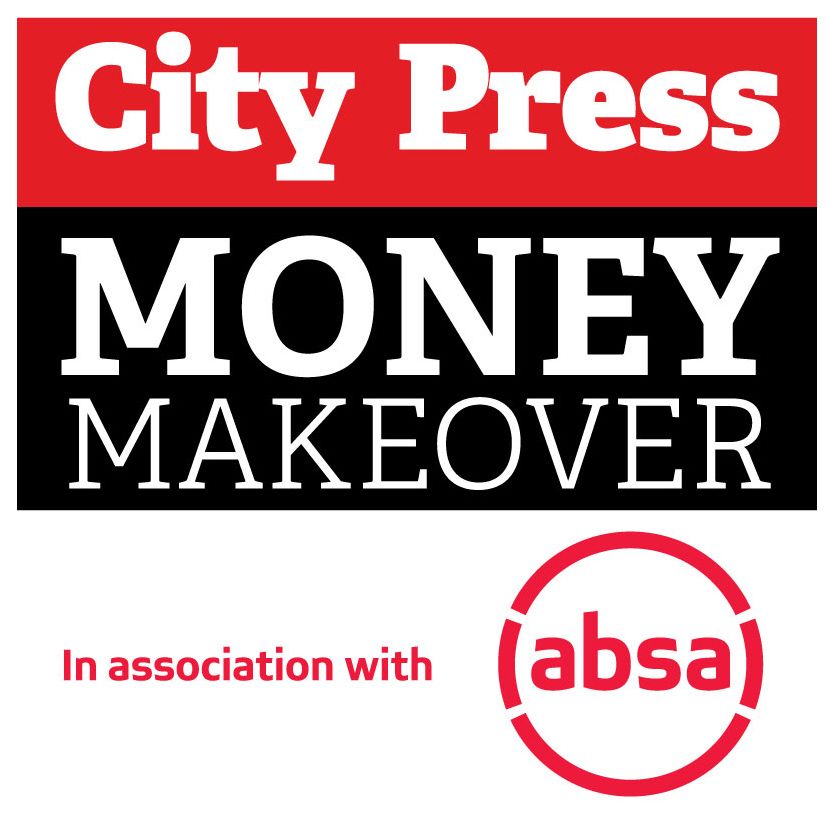Plan to spend

As the 2022 Money Makeover gets underway, this week, Maya Fisher-French suggests you have a spending plan to give your money direction, rather than wondering where it went
How often have you said, “I cannot afford to save” or “I don’t have money to pay off my debt”? But how do you know unless you have tracked every cent you spend?
Every year, the first challenge we set our Money Makeover candidates is to track their spending, and they are surprised by how much they spend and where that spend goes.
In last year’s Money Makeover challenge, candidate Lwandile was shocked to discover how much the family was spending on snacks, which was more than they spent on meat and eggs. Budgeting has now become a regular habit in his household and, in his words, “while it seems the least exciting, it is the most important thing I learnt right from the start. It is the golden advice for those wanting financial freedom.”
This year is no different, as our candidates’ spending patterns reveal each of their Achilles’ heels.
TRACK YOUR SPENDING
Groceries and eating out are usually the biggest culprits. These are “unconscious” spending patterns we need to be aware of. Franchise owners Sanet and Marius downloaded a spending tracking app on to their phones. Every evening they capture and review their expenses from the day.
“We realised that, every time we went grocery shopping, we were spending about R300 more on things we had not planned on buying,” says Sanet.
Most people will identify with that feeling when you get to the till and wonder how popping in for bread and milk suddenly turned into a R500 shop. The couple identified that they would often end up buying goodies for their daughter Abigail when she was with them, so they now make a plan to shop without her.
By tracking their spending patterns, Marius discovered how much he was spending on takeaways during the week. As a rep who is on the road all day, he would often buy a cooldrink and a pie for lunch, costing him R50 a time, which was adding about R1 000 a month to their living expenses. The couple also identified that, when they worked at their waffle truck at the weekend market, they would end up buying lunch from one of the other vendors. With the realisation of what their “unconscious” meal purchases are costing them, Marius takes a packed lunch when on the road and they take food with them to the weekend market.
There is nothing wrong with the occasional cooldrink and pie, but it is the daily spend that adds up. The couple can still budget for eating out by agreeing to buy lunch at the market once a month. It is not deprivation, but having a plan for your money that meets all your needs. Is a daily pie and coke really worth the inability to pay off your debt?
“You do feel that you work hard for your money and you want to be able to spend it, but you must also be accountable. It is all about discipline,” says Marius.

SMALL AMOUNTS ADD UP
Like Sanet and Marius, township entrepreneur Mpho identified that it was his daily spend on data that was costing him more than he realised. Even though he would buy R20 of data at a time, when he analysed his spend, it was costing him nearly R1 000 a month. He has now focused on reducing his data consumption, which is putting R600 back into his budget.
He has also identified that he was spending R200 a day on fuel to travel to buy stock for his restaurant. By changing the trip to once a week, he saves R3 000 a month.

HAVE A SPENDING PLAN
Fully motivated to turn her finances around, former physiotherapist and now articled clerk Sandra spent time drawing up a spending plan.
“It took me hours, but I am very proud of it,” says Sandra, who had felt out of control when it came to her money.
Now, with a clear idea of her spending and her goals, she is feeling less overwhelmed and is already building up an emergency fund.
“I don’t feel like I am denying myself, but, rather, that I am now in control.”
Sandra identified how her spending patterns were negatively affecting her finances. “When I got paid, I did not first shop for monthly groceries and other essentials; I would buy the ‘nice to haves’ and then just buy groceries as and when,” says Sandra, who admits that this meant she would end up tapping into her credit card to buy food when the funds had run out.
By identifying her spending needs and actual costs, Sandra now does her essential shopping first and knows what is left for the rest of the month. “I worked out how much I was spending on my daughter’s nappies, and I buy enough now for the month, rather than buying as they run out.”
IDENTIFY YOUR TRIGGERS
When it comes to spending money we don’t have on things we don’t need, it usually represents some form of emotional response. Are you rewarding yourself for hard work? Or compensating for a feeling of being deprived as a child? Whatever the reason, it is simply a story you have created in your own mind to justify your money decisions. Recognise those triggers and find a way to create a new story. Identify what it really is about spending that gives you a high.
Sandra has not used her credit card in three months and has found a way to meet her need to shop without spending. As most of her “retail therapy” was done online, she now browses through all the deals and tempting purchases, and even puts them in her digital shopping cart... but doesn’t buy anything. Every few days, she returns and removes items she has realised she really doesn’t want and then adds some new items that catch her fancy. The point is, she never actually buys the item.
Most of what we desire is just in our minds. Having satisfied her need to visualise owning an item, Sandra is content to leave it at that, recognising that the high of buying is short-lived – certainly a lot shorter than paying off debt.
Sandra could build a “shopping fund” into her budget, where she saves some money each month. Every few months, when she sees something she really wants, even after returning to the cart several times, she can treat herself, as the money is available.

If you really want to get your finances in order, you have to start tracking your spending. If you cannot commit to that, it is unlikely you will be able to reach your goals.
Follow the journey – and join in – @CPMoneyMakeover on Facebook and Twitter
Absa Enterprise Development assists SMEs with access to business development support, markets access and access to funding based on certain criteria’s being met. For further information on Absa Enterprise Development you can email ed@absa.africa
You can follow the story on social media #CPMoneyMakeover

Facebook: @CPMoneyMakeover

Twitter: @CPMoneyMakeover
Subscribe below for the Money Makeover Newsletter





